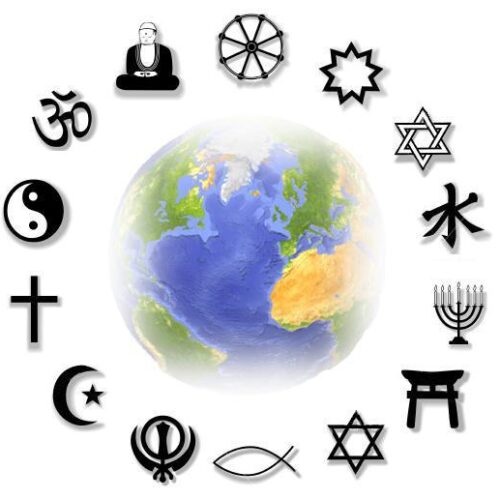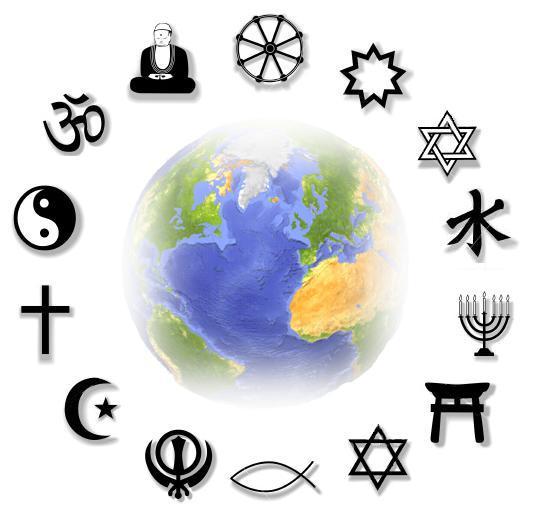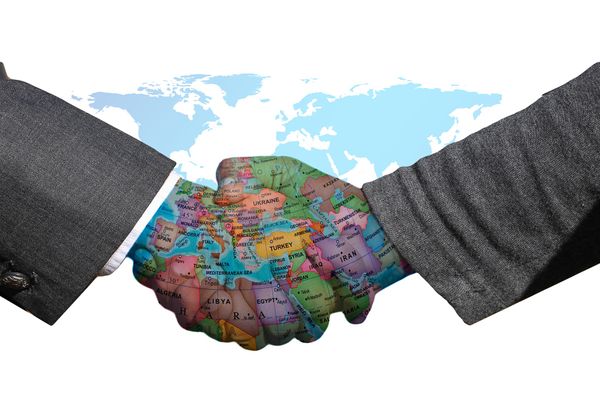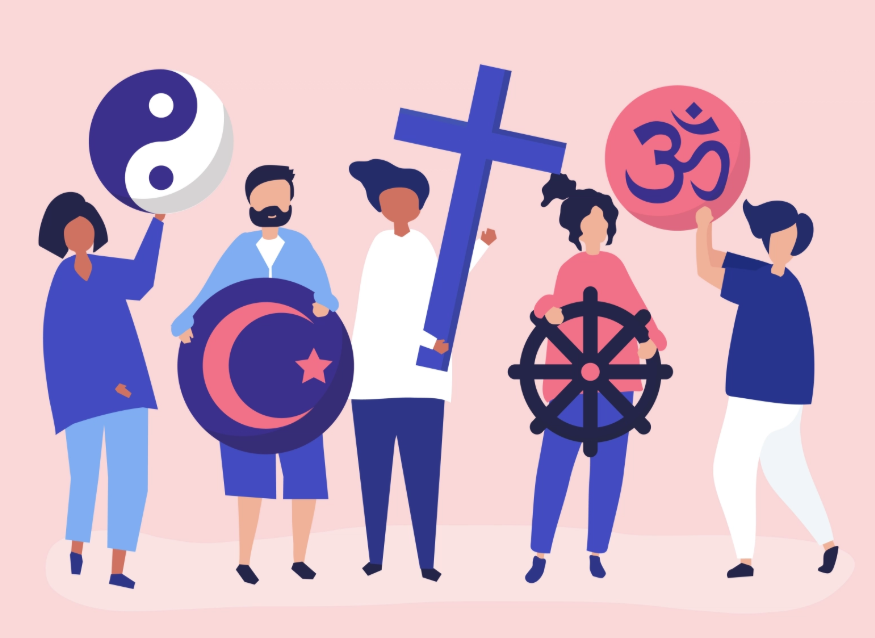In our modern world, the intertwining of religion and politics has long been a source of controversy and contention. One particular aspect of this relationship that often sparks debate is the influence of monotheistic beliefs on political ideologies and decision-making. Monotheism, as the belief in a single, all-powerful deity, has shaped the course of human history, offering moral guidance and a sense of purpose to billions of people. However, when it comes to politics, the question remains: how should monotheistic beliefs be navigated in the public sphere?
The Nature of Monotheism and its Political Implications
Monotheistic religions such as Judaism, Christianity, and Islam emphasize the existence of an all-knowing, all-powerful god who has provided humanity with a set of divine laws. These religions often claim that their moral values are universally objective and should guide all aspects of life, including politics. Unfortunately, this assertion can lead to a clash of beliefs, as different religions and interpretations within those religions may hold conflicting political ideals.
While it is essential to acknowledge the profound influence monotheistic beliefs can have on individuals and their political choices, it is also crucial to navigate issues of pluralism and respect for diverse perspectives. Rather than using monotheism as a tool for asserting dominance or imposing dogmatic beliefs on others, it is possible to reimagine its role in politics as a source of personal motivation and inspiration.
Separation of Church and State: A Modern Understanding
The principle of the separation of church and state has been championed as a foundation of modern democratic societies. This separation aims to protect individual liberties by ensuring that religious beliefs do not dictate political decisions or unfairly privilege one religion over another. However, this principle does not necessitate the complete exclusion of religious perspectives from political discourse. The challenge lies in finding a way to incorporate these beliefs without compromising the principles of democracy and inclusivity.
Rather than focusing on specific religious doctrines or creeds, politics should be guided by the shared values that underlie many monotheistic faiths, such as justice, compassion, and human dignity. By emphasizing these core principles, a diverse society can find common ground and work towards a more harmonious and just coexistence.
Faith as a Catalyst for Social Change
While monotheistic beliefs have historically been used to justify various forms of oppression and exclusion, they have also been instrumental in inspiring social justice movements. Leaders like Martin Luther King Jr., who drew upon Christian teachings, and Mahatma Gandhi, who was influenced by Hinduism, looked to their faith to mobilize peaceful resistance against injustice.
In today’s political landscape, monotheistic beliefs have the potential to play a similar role in catalyzing positive social change. By uniting people around shared values, faith can empower individuals and communities to advocate for equality, human rights, and environmental stewardship. However, this requires a continual process of introspection and dialogue within religious communities to ensure their actions align with the values they espouse.
Conclusion
As we navigate the complexities of politics in a world shaped by monotheistic beliefs, it is essential to strike a delicate balance between individual beliefs and collective decision-making. By reimagining the role of monotheistic beliefs in politics, we can move past dogma and towards a more inclusive and compassionate society.
This reimagining necessitates a commitment to the values of justice, compassion, and human dignity that underpin many monotheistic faiths. By focusing on principles rather than specific doctrines, we can transcend religious divisions and use our shared humanity as a foundation for political discourse and action.
In doing so, we transform monotheism’s influence on politics from a potential source of division into a catalyst for enlightened discussions, collective reflection, and positive social change. It is through this process of reevaluation and engagement that we can truly harness the power of monotheistic beliefs to create a more just and inclusive world.

 Religion has long been a potent force shaping the trajectory of societies and their governance. In contemporary times,
Religion has long been a potent force shaping the trajectory of societies and their governance. In contemporary times,  Global Diplomacy and Conflict Resolution
Global Diplomacy and Conflict Resolution Secularism and Religious Freedom
Secularism and Religious Freedom